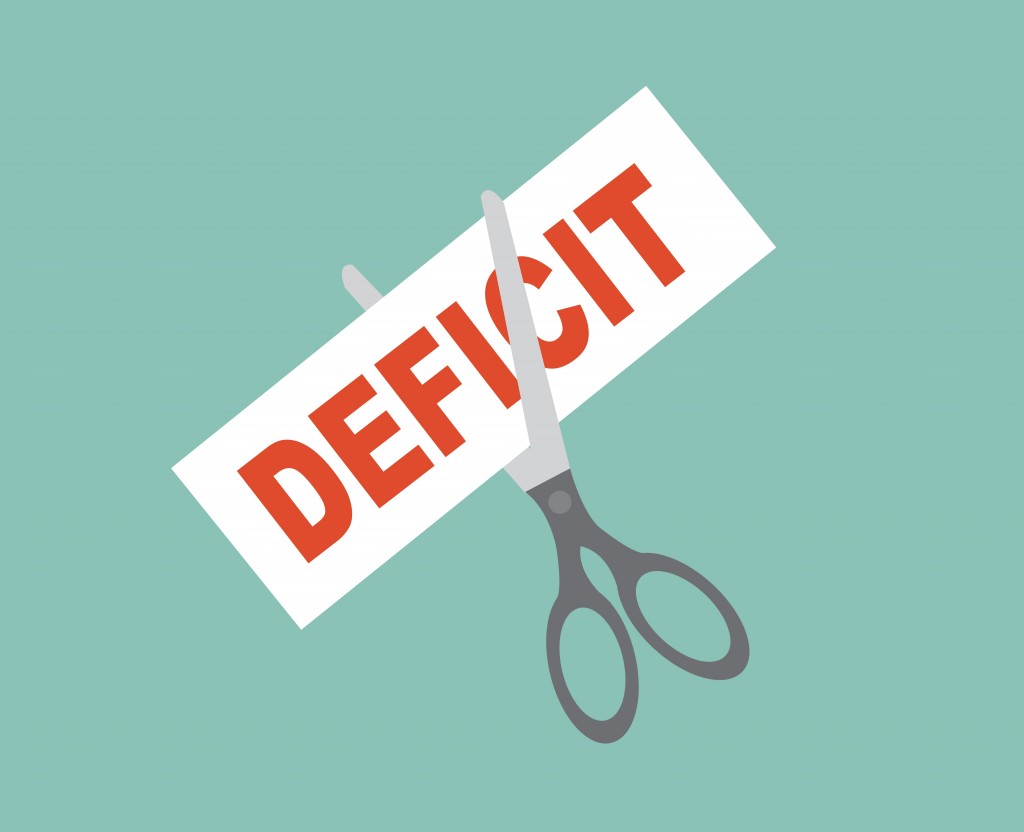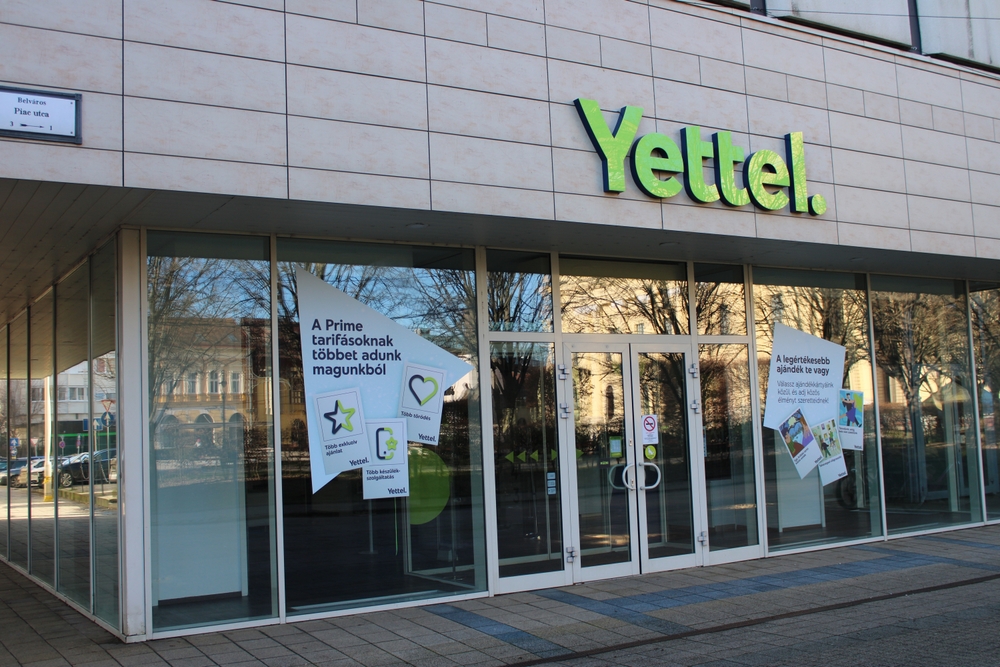General gov’t deficit at 17% of full-year target in Q1

Hungaryʼs cash flow-based general government, excluding local councils, ran a HUF 198.1 bln deficit by the end of March, the Ministry for National Economy said Thursday, confirming preliminary figures released on April 6, Hungarian news agency MTI reported.
The deficit in the first quarter reached 17% of the HUF 1,166.4 bln full-year target. The deficit target for the full year is unchanged at 2.4% of GDP, the ministry noted, adding that it believes the target is "realistic" and "achievable," which is "reflected in stable investor confidence."
The central budget had a HUF 168.6 bln deficit and the social insurance funds were HUF 45.9 bln in the red at the end of March. Separate state funds ran a HUF 16.4 bln surplus.
First-quarter central budget revenues, at HUF 2,537.4 bln, were up 6% year-on-year and made up 21.9% of the yearly target, down from the time-proportionate 25%. Spending, at HUF 2,706 bln, reached 21.1% of the annual plan and was also up 6%.
The six-year wage agreement struck late last year has already lifted personal income revenues of the budget, the ministry said. These rose 8% from a year earlier to HUF 467 bln, reaching 26% of the annual plan. Revenue was also lifted by one-off items such as the HUF 120.9 bln income arriving from last yearʼs sales of state-owned farmland.
Among other major revenue sources, Q1 revenue from VAT, at HUF 612 bln or 17.3% of the annual plan, fell short of the time-proportionate target. The main reason is a change of tax regulations which cut the refund period from 75 to 45 days for compliant taxpayers.
Corporate tax revenues were down 2% at HUF 123 bln, 16.7% of the annual target. The corporate tax rate was reduced to a uniform 9% this year.
Within a 2.6% rise in "other centralized revenue," to HUF 92 bln, electronic road toll payments rose 9% to HUF 37 bln and time-based road toll revenues rose 31% to HUF 24 bln.
Reduced EU funding
Funding arriving from the European Union related to the current EU budgetary period was just HUF 8 bln, less than 10% of the funding arriving in Q1 2016 and just 0.5% of the annual plan. At the same time, the EU disbursed HUF 44 bln in Q4 that was due to the Hungarian government on advances paid to tender winners earlier.
Government funding/co-financing paid towards European Union-funded projects reached HUF 252 bln in January-March, up by 58% from a year earlier and 12.3% of the annual plan. The ministry said that the rising co-financing was a main factor in the HUF 378.5 bln deficit registered in the month of March.
Spending on home building subsidies rose almost two-thirds to HUF 42 bln, reflecting rising savings at home savings banks and the increase in the number of people taking advantage of CSOK, the governmentʼs home subsidy scheme expanded last year.
Interest expenditures fell 5% year-on-year to HUF 196 bln, making up 20.5% of the annual plan. These are planned to drop almost 20% for the full year.
SUPPORT THE BUDAPEST BUSINESS JOURNAL
Producing journalism that is worthy of the name is a costly business. For 27 years, the publishers, editors and reporters of the Budapest Business Journal have striven to bring you business news that works, information that you can trust, that is factual, accurate and presented without fear or favor.
Newspaper organizations across the globe have struggled to find a business model that allows them to continue to excel, without compromising their ability to perform. Most recently, some have experimented with the idea of involving their most important stakeholders, their readers.
We would like to offer that same opportunity to our readers. We would like to invite you to help us deliver the quality business journalism you require. Hit our Support the BBJ button and you can choose the how much and how often you send us your contributions.









